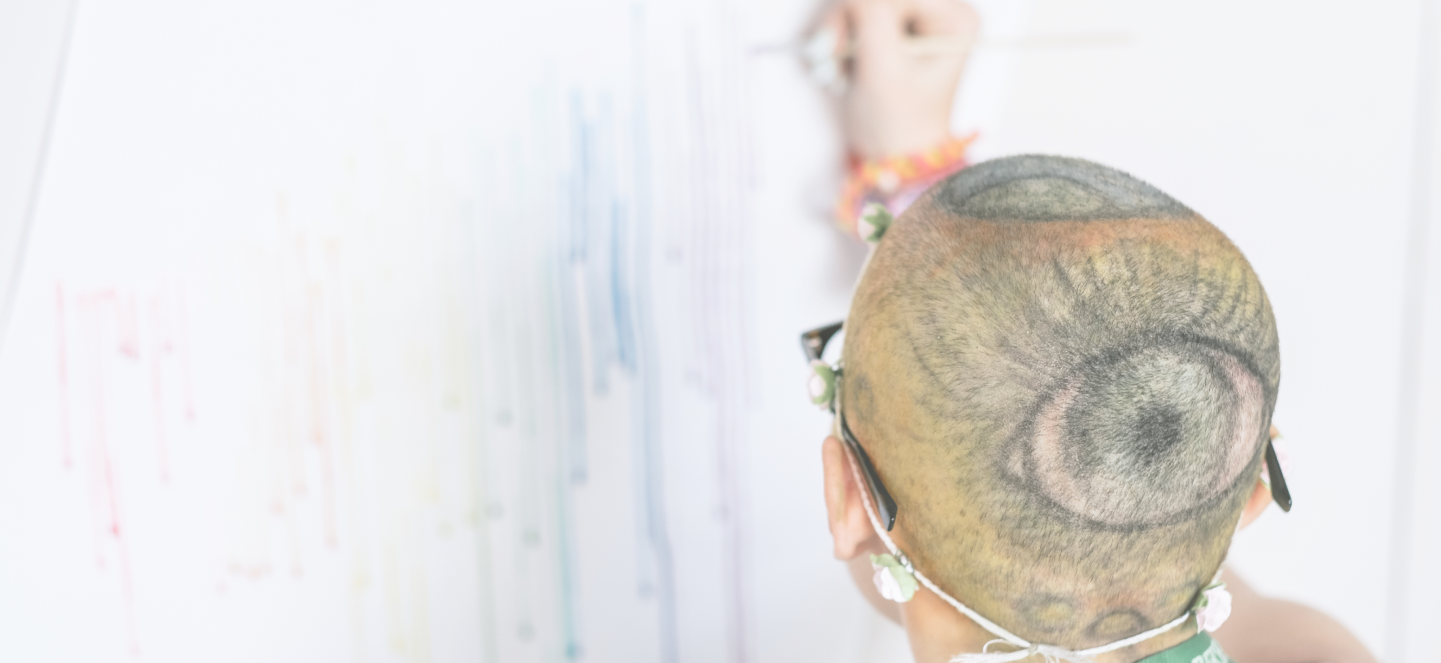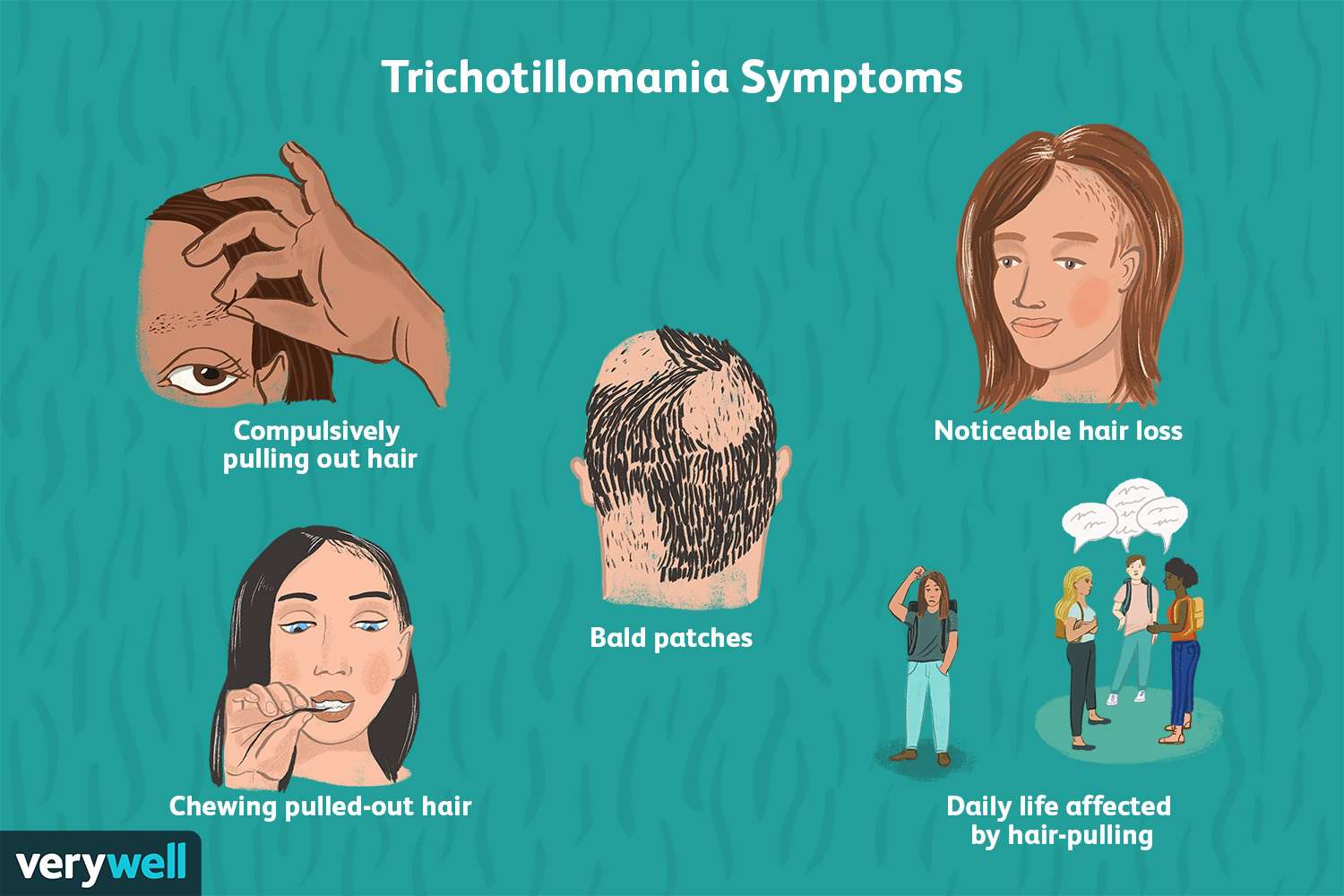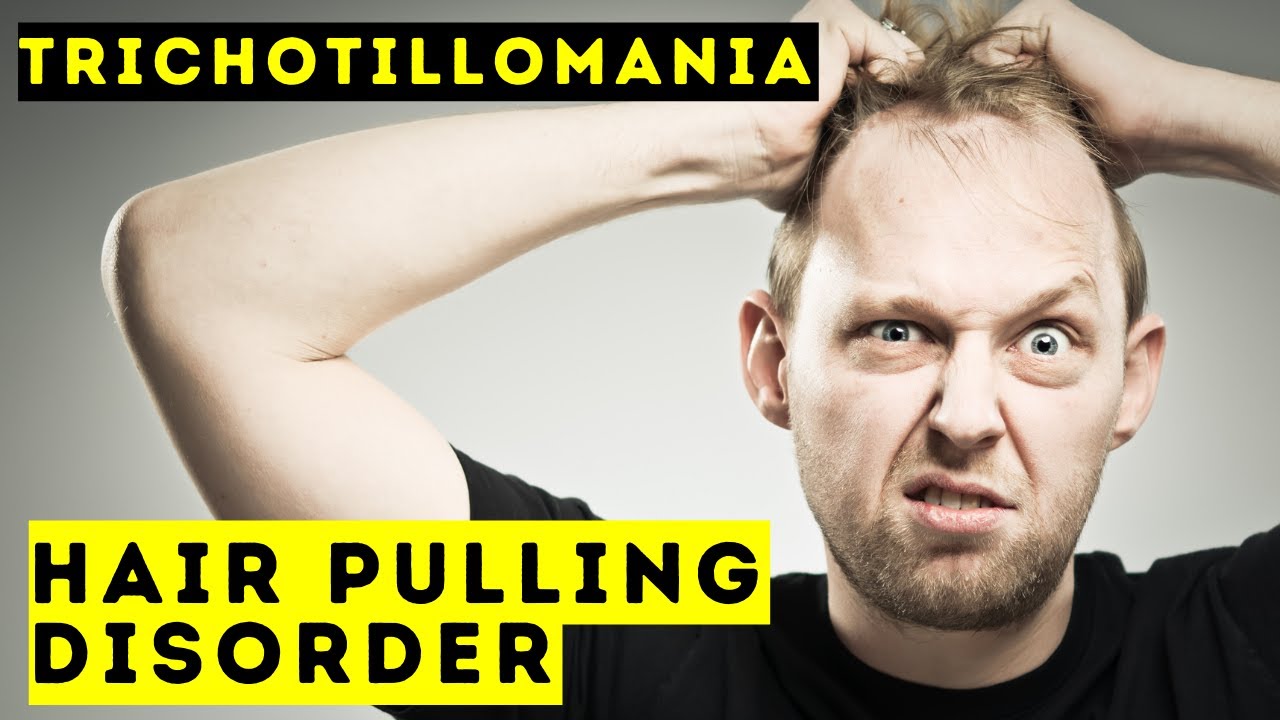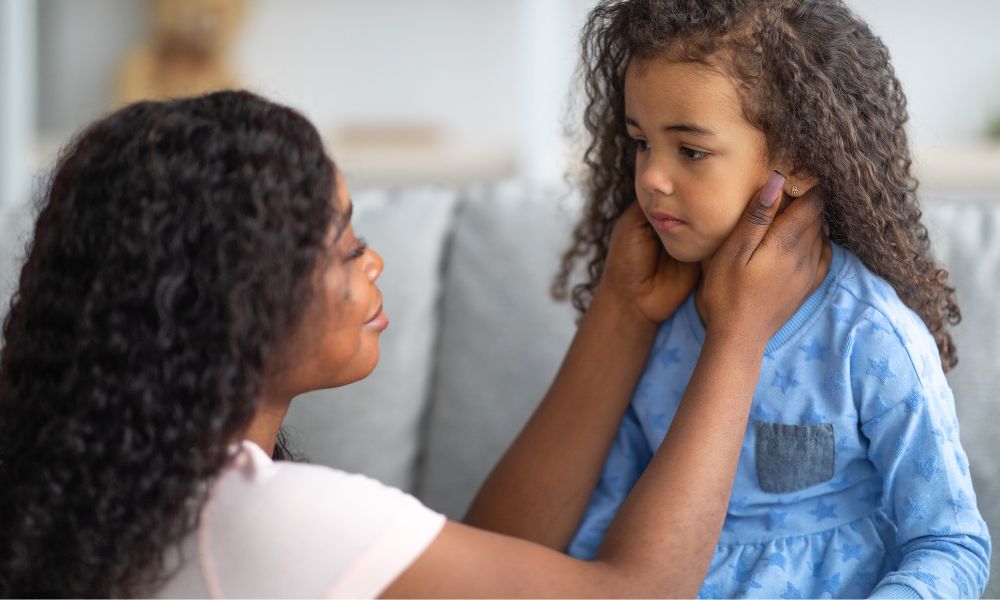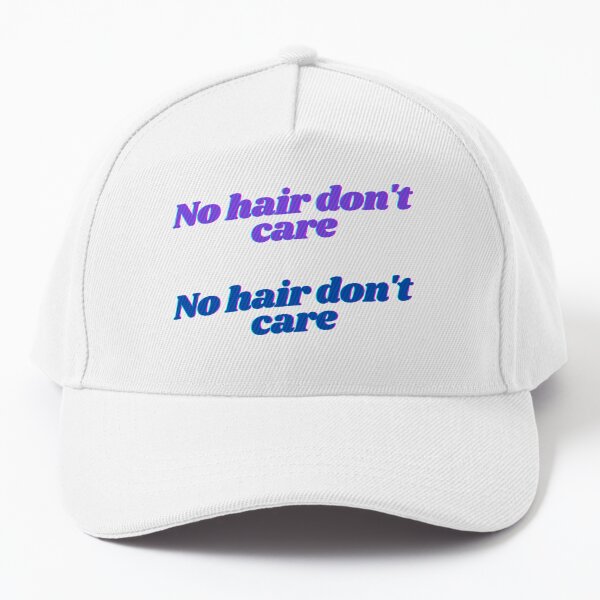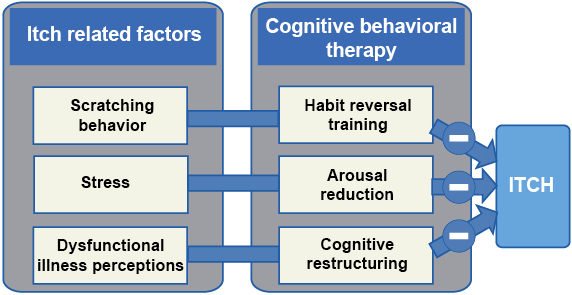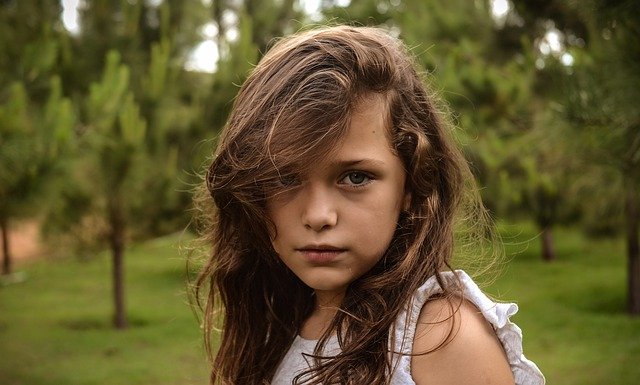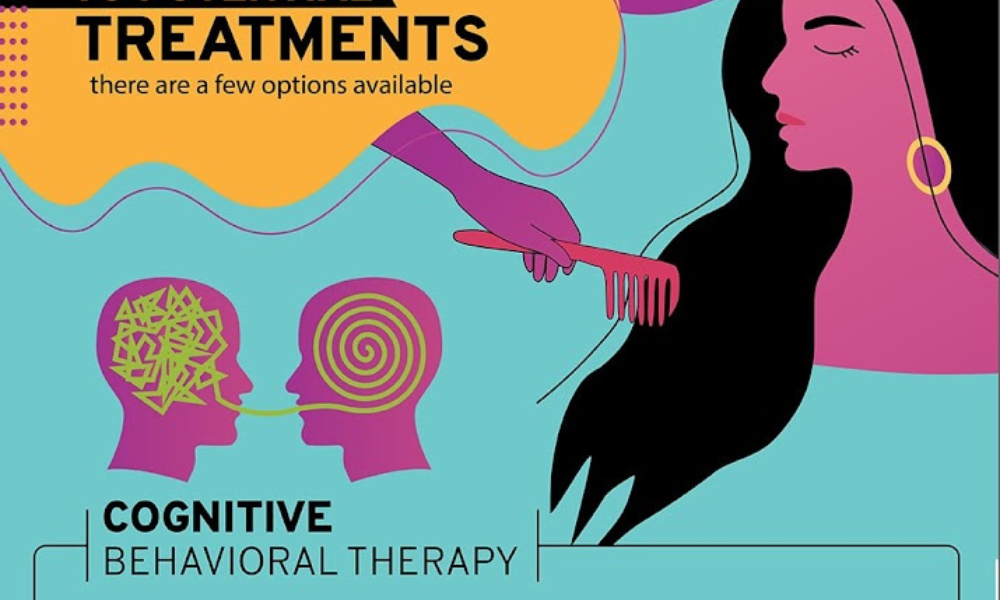Trichotillomania Symptoms Trichotillomania (trik-o-till-o-MAYN-ee-uh) is an impulse control disorder that causes you to have recurrent and irresistible urges to pull your hair. This can cause obvious bald or thin spots that can be embarrassing and distressing. It is commonly a co-occurring disorder with other conditions such as anxiety and depression or other disorders such as Tourette Syndrome and Compulsive Skin Picking. Anxiety Trichotillomania is a type of impulse control disorder that causes people to pull out their hair. It may be from their scalp, eyelashes, eyebrows or even the pubic…
Read MoreCategory: trichotillomania
What is Trichotillomania?
What is Trichotillomania? People with trichotillomania pull their hair out, usually from the scalp, eyebrows or eyelashes, but it can affect any hair on their body. They often do this unconsciously and are not aware they’re doing it. The urge to pull is triggered by an emotional or physical feeling, like an itch or tingle. It’s followed by a brief sense of relief and becomes a habit. Causes The cause of trichotillomania isn’t known, but it is likely to be a combination of genetic and environmental factors. Trichotillomania tends to…
Read MoreTrichotillomania Medications
Trichotillomania Medications Medications are not available for the direct treatment of trichotillomania. However, medications that alleviate conditions or symptoms associated with the condition may help reduce hair pulling. Memantine, a medication commonly prescribed for Alzheimer’s disease, significantly reduced symptoms in adults with both trichotillomania and skin-picking disorder, according to new research. This type of medication modulates the glutamate neurotransmitter. Daily Medications Trichotillomania is a compulsive behavior that involves pulling out your own hair. It can have a negative impact on your life, and may cause noticeable bald spots that affect…
Read MoreTips for Supporting a Child With a Hair-Pulling Disorder
As a mom with a special needs child, you must understand and support your child through their challenges. This is especially true for children living with Trichotillomania, a hair-pulling disorder that can cause emotional and social distress. Trichotillomania is a mental health disorder characterized by the recurrent, irresistible urge to pull out one’s hair from the scalp, eyebrows, eyelashes, or other body areas. This constant hair-pulling can result in hair loss and feelings of shame, guilt, and social isolation. Keep reading to explore practical tips for supporting a child with…
Read MoreHats For Trichotillomania
Hats For Trichotillomania People who have trichotillomania feel an intense urge to pull their hair, which can include the hair on their scalp, eyebrows or groin. This behavior can also include chewing or licking the pulled hairs, or playing with them. If you or your child have trichotillomania, it is important to see your doctor as early as possible. They can check that there are no underlying causes and refer you for cognitive behavioral therapy (CBT). 1. Wear a hat Many people with trichotillomania find that when they wear a…
Read MoreHabit Reversal Therapy For Tourette’s Syndrome
Habit Reversal Therapy For Tourette’s Syndrome Habit reversal therapy is an effective treatment for body-focused repetitive behaviors like excoriation disorder (skin picking) and trichotillomania (hair pulling). It also helps individuals manage their tics, which are sudden, involuntary movements or sounds. During sessions, clients build awareness of the unconscious behaviors and learn to recognize physical cues that precede their unwanted behavior. They then practice competing responses to the behavior. It is a form of behavioral therapy Habit reversal training, also known as HRT, is an effective treatment for Tourette’s and other…
Read MoreTrichotillomania Treatment
Trichotillomania Treatment People with trichotillomania pull their hair out compulsively, often one strand at a time. They can also bite or chew their own hair and pick at their skin. They may also use camouflage techniques to hide their hair loss. Treatment options include medications and behavior therapy. Medications such as olanzapine and N-acetylcysteine have been shown to be effective. Behavioral therapies include habit reversal training and comprehensive behavior model (ComB) intervention. Medications There are some medications used to treat trichotillomania, although research on this is limited. These drugs may…
Read MoreTrichotillomania Treatment
Trichotillomania Treatment Trichotillomania is a behavioral disorder in which someone compulsively pulls their hair out. It affects people of all ages and genders. Treatment for trichotillomania is similar to other mental health disorders like obsessive-compulsive disorder (OCD). Cognitive Behavioral Therapy, Habit Reversal Training, and Medication are common treatment options. Other types of psychotherapy, such as acceptance and commitment therapy (ACT) or dialectical behavior therapy (DBT), may also be used in conjunction with these behavioral interventions. Cognitive Behavioral Therapy Cognitive behavioral therapy is one of the most effective treatment methods for…
Read MoreTrichotillomania OCD Treatment
OCD and trichotillomania share many similarities, but the two disorders differ in their underlying psychobiology. These differences necessitate the use of differing treatment approaches. In a recent study, two groups of patients with OCD and TTM were compared. In the combined group, OCD symptoms were less common than in the OCD-only group. Interestingly, this finding was consistent across both studies, suggesting that the two disorders fall along different dimensions of the OCD spectrum. The main symptoms of trichotillomania are compulsions that cause hair pulling. These urges often coincide with strong…
Read MoreTrichotillomania and Anxiety
There’s a connection between trichotillomania and anxiety. It is the same mental disorder that causes many people to pull their hair. People who suffer from trichotillomania experience anxiety as a major trigger to the hair pulling. But while this isn’t the main cause of trichotillomania, anxiety often triggers episodes. You can reduce your anxiety and hair pulling episodes by eating a balanced meal and eating energy-boosting snacks. Avoid caffeine and alcohol, as these can exacerbate anxiety. One study compared participants with and without trichotillomania and anxiety to those without. It…
Read More